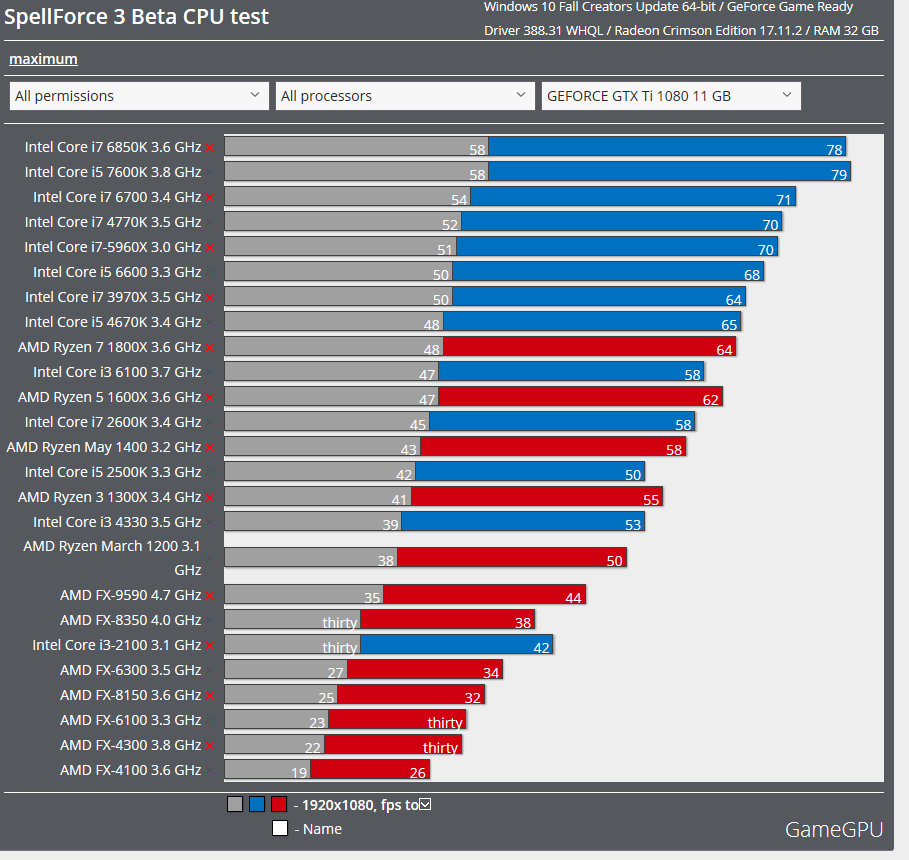Shintai
Supreme [H]ardness
- Joined
- Jul 1, 2016
- Messages
- 5,678
icelake? 10nm+ 8 cores september of this year? wtf that was 3 months ago how does that work
What did you expect? CPU released and everyone ready next day and a full QA run? There is a reason why Zen still got a shitload of issues and broken chips and platform. And its called lack of QA.
Last edited:
![[H]ard|Forum](/styles/hardforum/xenforo/logo_dark.png)

